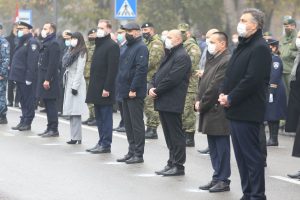
29th Anniversary of the Fall of Vukovar Commemorated
The 29th anniversary of the fall of Vukovar has been commemorated just recently. The city had been under siege for...

The 29th anniversary of the fall of Vukovar has been commemorated just recently. The city had been under siege for...
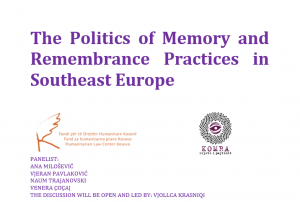
Over the past two decades, diverse bottom-up and top-down memory politics and remembrance practices have evolved in Southeast Europe. They...
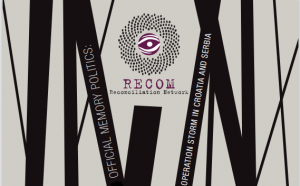
Reconciliation and Official Memory Politics: Commemorations of the Victory and of the Victims of Operation Storm in Croatia and Serbia...
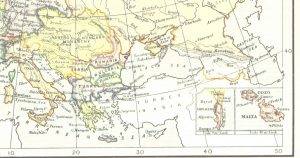
Debate on memory in South East Europe in a global context, hosted by BISA on Thursday, September 24, 2020 The...
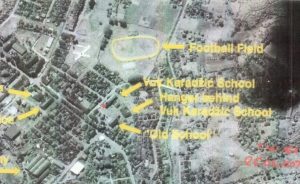
In the latest in the Forgotten Victims series, BIRN asks why there have been no convictions for the brutal abuse...
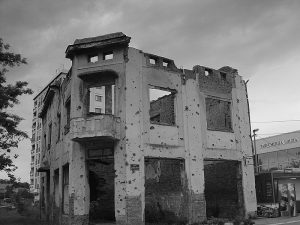
A passage from Lea David’s article “Moral Remembrance and New Inequalities”, initially published in Global Perspectives journal The article traces...
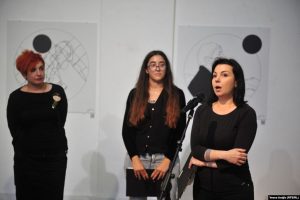
“These names should have never been read, this exhibition should have never been created, the genocide in Srebrenica should have...
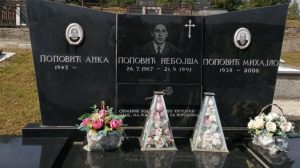
A commemoration was held in the Croatian town of Karlovac to commemorate 13 Yugoslav People’s Army soldiers killed in 1991 by a Croatian policeman and highlight how the war harmed both Serbs and Croats.

The British International Studies Association hosts an online debate about memorialization in South East Europe in a global context.
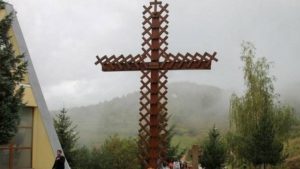
A commemoration was held to mark the anniversary of the killings of 29 Bosnian Croat civilians including children and old people, as well as 12 Croatian Defence Council fighters, in the village of Uzdol in September 1993.
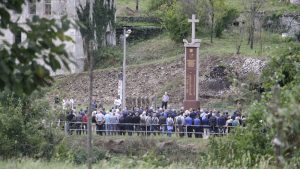
Two soldiers who were on opposing sides when Bosnian Army troops massacred 33 Bosnian Croats in 1993. Now they are both working to ensure that the crime is not forgotten.
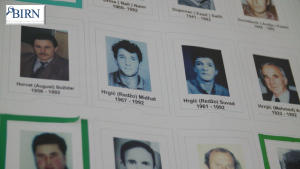
Missing persons’ relatives from Bosnia, Kosovo, Serbia remember their loved ones missing since the wars of the 1990s on the Int'l Day of the Disappeared.







This website was created and maintained with the financial support of the European Union. Its contents are the sole responsibility of the RECOM Reconciliation Network and do not necessarily reflect the views of the European Union.